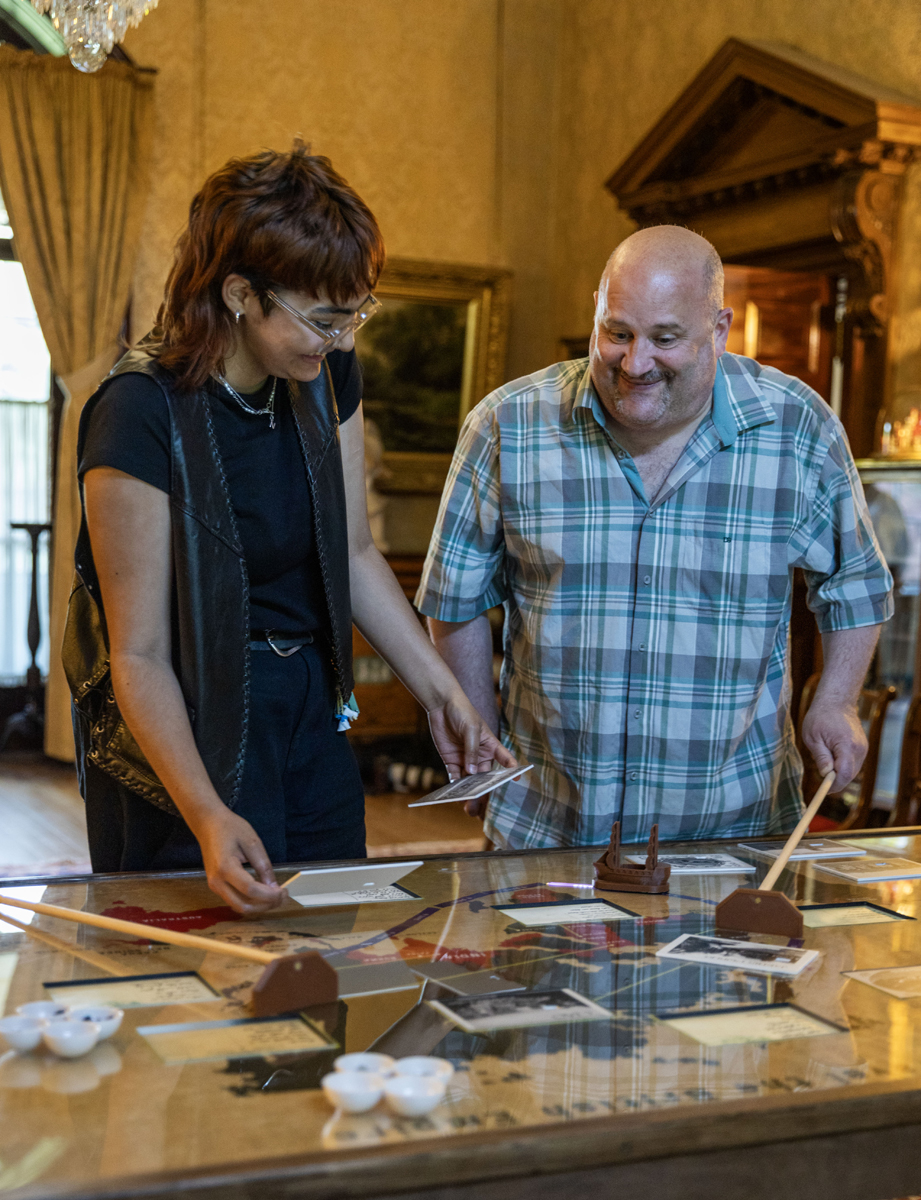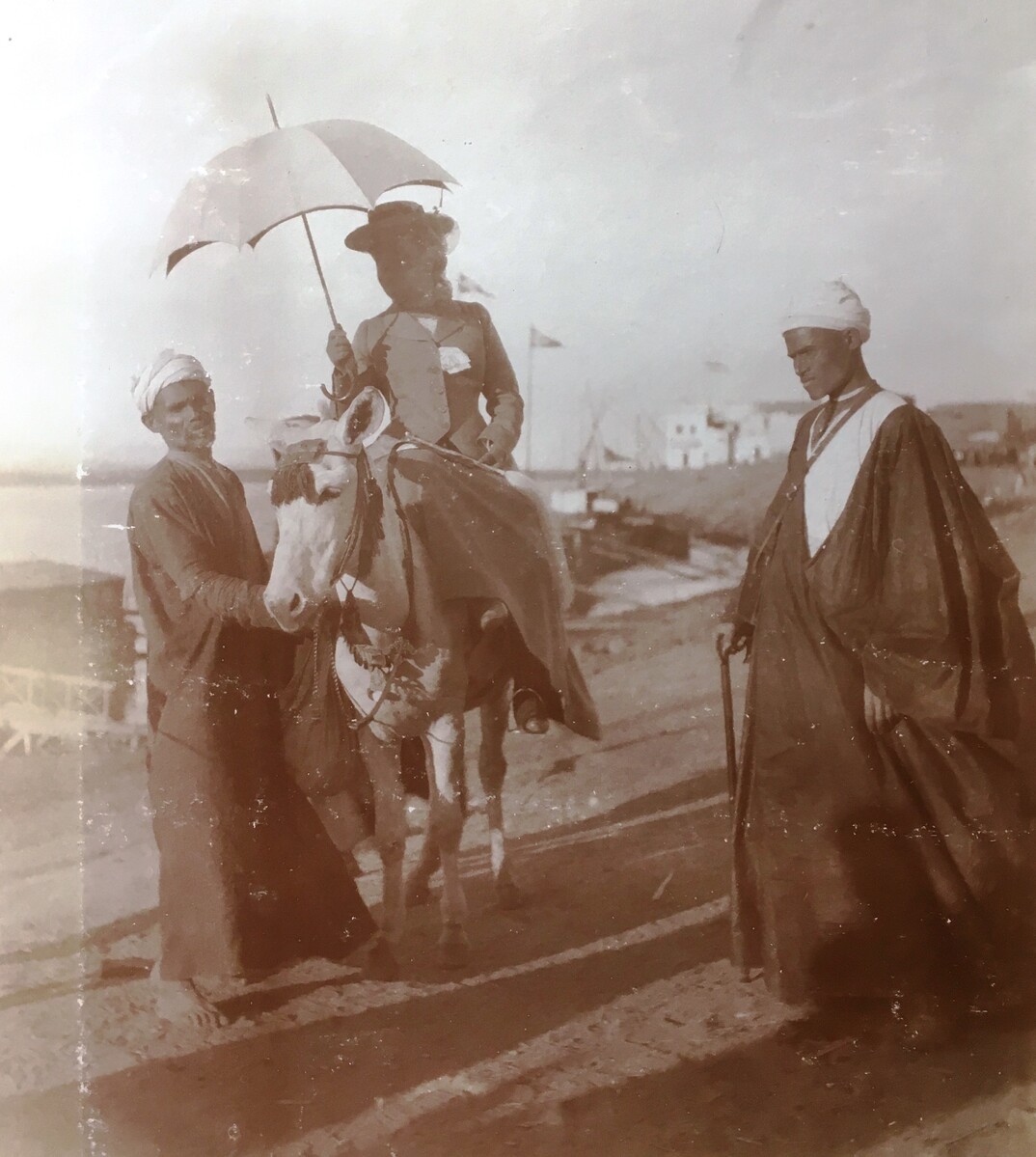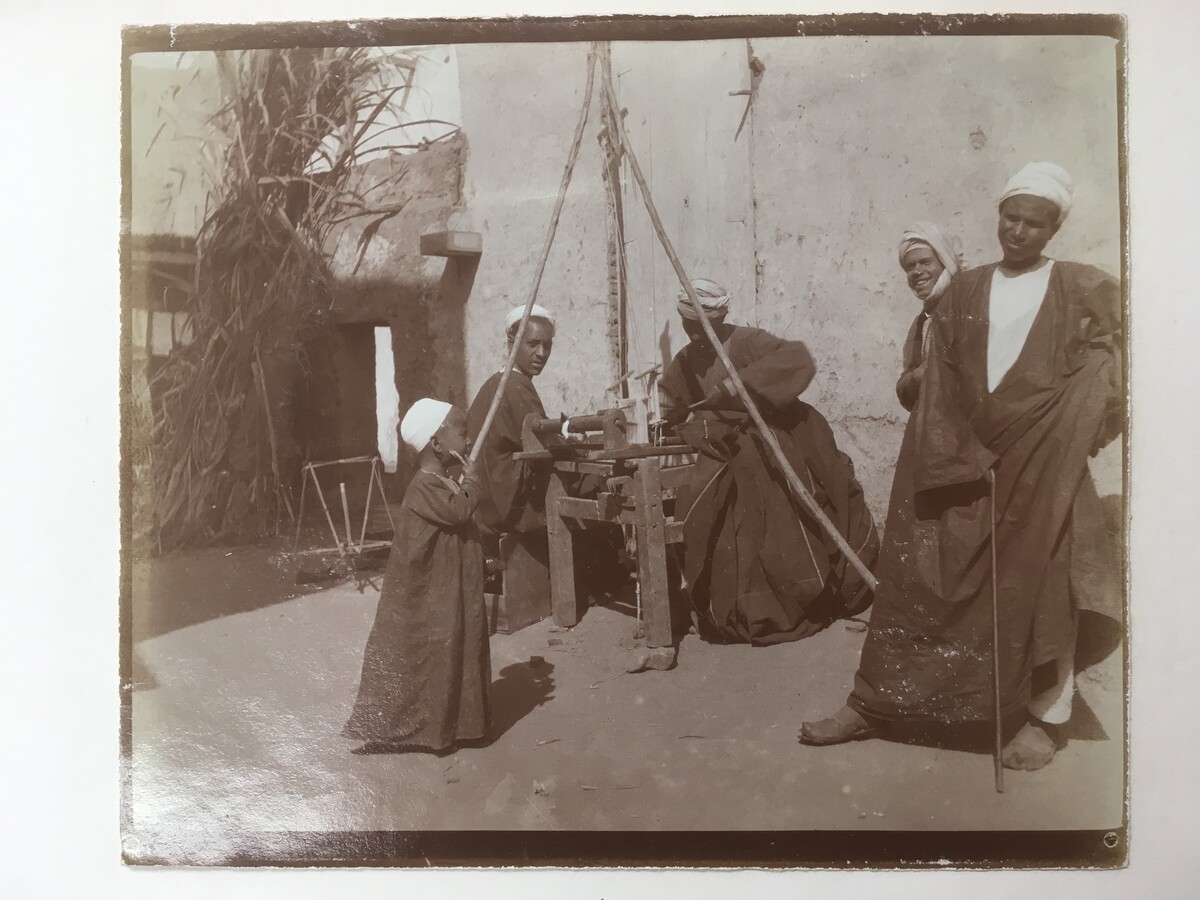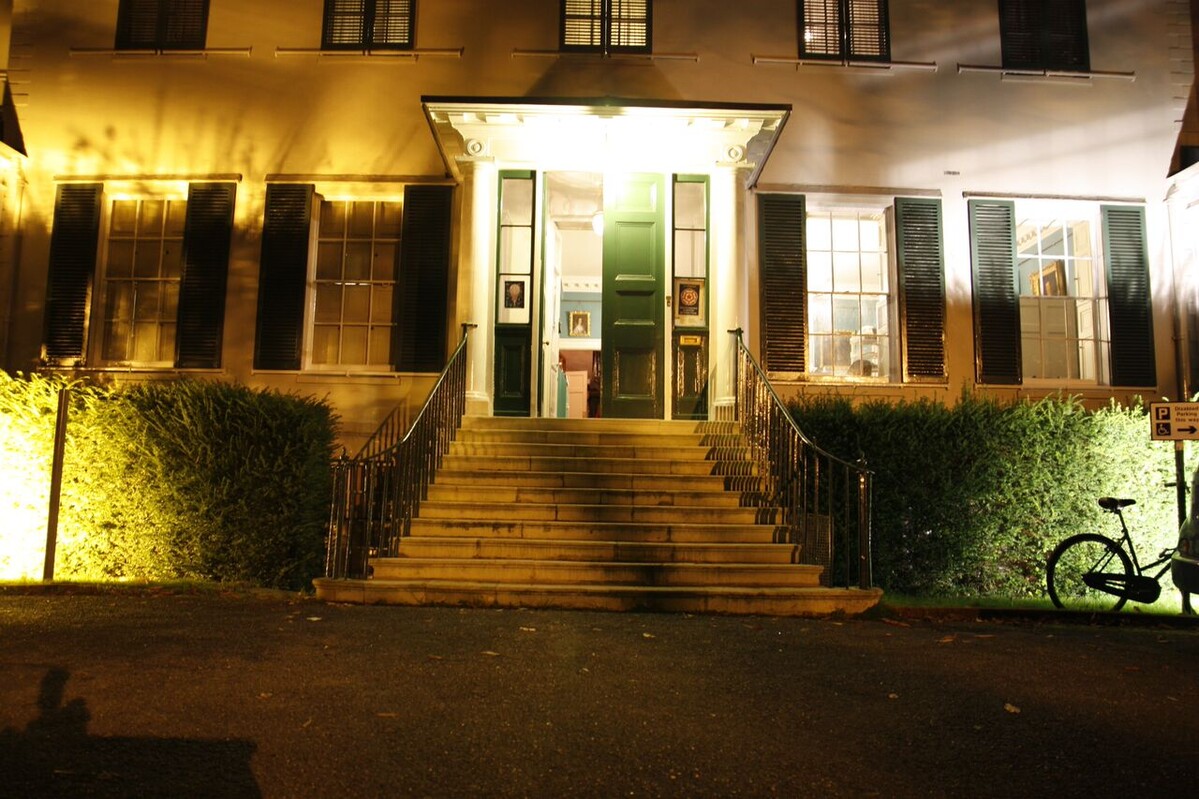Shadows of Empire: The Stanfords Travel the Globe

At the pinnacle of its dominance, the British Empire controlled the land, resources and people of a quarter of the earth, measured by land mass.
The British working class paid a heavy price for Empire. Maintaining control over distant lands and thwarting the military ambitions of other colonial powers, claimed many British lives. When it became difficult to find willing recruits in the 18th and early 19th centuries, the Royal Navy impressed (“press ganged”) men who were forced to serve on the ships – a dangerous and difficult life. From 1778 to 1780, the British Army had also experimented with “impressing’ conscripts through coercion and violence.”
Of course, this price bears no comparison to the scale of the suffering and deaths of colonised people.

Meanwhile, the upper classes reaped the rewards of Empire, and the Thomas-Stanfords were deeply involved in British colonialism. Prior to his marriage to Ellen Stanford in 1897, Charles Thomas had sought his fortune in South Africa, becoming friends with the notorious Cecil Rhodes, a diamond mining magnate and politician whose treatment of indigenous people was appalling. Charles had a partnership in a gold prospecting syndicate in the area that the colonisers named Rhodesia in honour of Rhodes, known today as Zimbabwe.
His South African labourers were often forced to work long hours for very low wages. The mines were dangerous and safety measures were inadequate. Workers inhaled unhealthy amounts of mining dust. Malnutrition and diseases were prevalent.
In the UK, wealthy Britons could enjoy all the luxuries of Empire, from tea, silks, porcelain and diamonds, to travel and technological knowledge.

In 1901, the Thomas-Stanfords enjoyed a trip to parts of North Africa. They took in the tourist highlights of Egypt including Cairo and Nubia (modern day Southern Egypt and Northern Sudan). This was a fashionable trip for the wealthy to take. For the working classes though it was quite out of reach. A three-week Thomas Cook holiday at the time cost the equivalent of a year’s salary for a skilled worker.
A ‘dragoman’ was essential for tourists at the time. These skilled guides explained local culture and acted as interpreters in countries where Arabic, Turkish, or Persian were spoken. They often spoke multiple European languages. The best dragomen were historians and well-informed about archaeology.
European tourists to Egypt were reliant on dragomen. However, their attitude towards these expert guides could be patronising, and often racist. Many contemporary European accounts of dragomen were disparaging about these highly skilled men as ignorant and dishonest. The dragomen’s views of the Europeans do not seem to have been recorded by European chroniclers.

The Thomas-Stanfords wore English attire most of the time on their tour. They would also have brought with them their tea habits, pausing their sight-seeing to enjoy a cup in the afternoon heat.
In fact, this afternoon tea ritual was exported all over the world to lands under British control. In the Caribbean, enslaved people had been forced to play cricket to entertain English plantation owners (planters). A tea break would be called part-way through the match. While the planters refreshed themselves, the enslaved people stood under the hot sun waiting to resume play.
When the Thomas-Stanfords took their vacation to Africa, there was no air travel. Ocean liners were the primary means of tourist travel across seas. For transporting goods, such as tea, across vast ocean distances, speedier ships were required.
